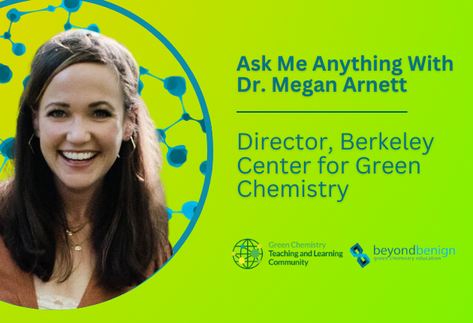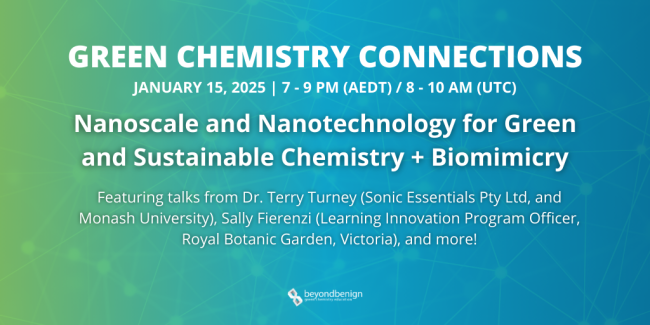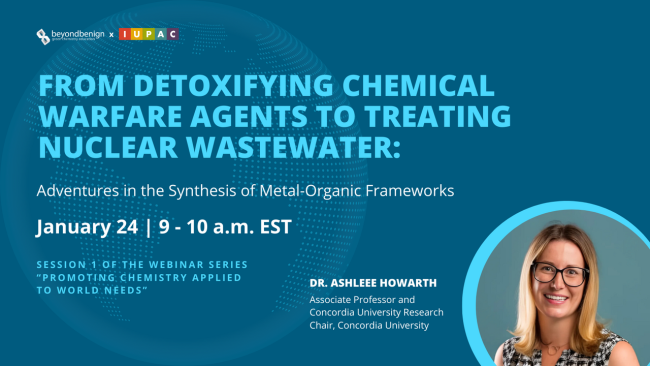Atomic-Scale Insights into Energy Materials (Batteries Included)

Event Description
The supply of low carbon energy is one of the greatest challenges of our time.
Major breakthroughs in green energy technologies require advances in new materials and underpinning science. Learn more about this topic during a special webinar with Dr. Saiful Islam, Professor of Materials Science at the University of Oxford.
During this webinar, Dr. Islam will describe the materials science of lithium-ion batteries for electric vehicles and novel perovskite-type compounds for next-generation solar cells. He will also highlight the use of advanced materials modeling to gain deeper insights on the atomic scale.
This is the third installment of the webinar series, "Promoting Chemistry Applied to World Needs" presented by Beyond Benign and IUPAC CHEMRAWN.
Professor Saiful Islam, University of Oxford
Saiful is Professor of Materials Science at the University of Oxford. He grew up in north London and obtained his Chemistry degree and PhD from University College London. He then worked at the Eastman Kodak Labs, New York, and the Universities of Surrey and Bath.
His research focuses on understanding atomic-scale processes in new materials for lithium batteries, sodium batteries and perovskite solar cells. Saiful has received several awards including from the Royal Society, American Chemical Society and Royal Society of Chemistry.
He presented the Royal Institution Christmas Lectures (2016) on BBC TV, which included a lemon battery world record. He is a Patron of Humanists UK and when not exploring new materials, he enjoys family breaks (as a dad of two), films and indie music.(Research website: https://bit.ly/327BgQr)
About the series:
During this webinar series, speakers will orient their presentations around the United Nations Sustainable Development Goals (UN SDGs) and the International Union of Pure and Applied Chemistry (IUPAC) Top 10 Emerging Technologies to demonstrate the power that chemists hold in shaping and preserving the future. Each talk will be accompanied by short videos on the topic geared toward high school and university chemistry students as well as the general public.
This series is hosted by Beyond Benign and the IUPAC Committee on Chemical Research Applied to World Needs (CHEMRAWN).
Previous webinars:







